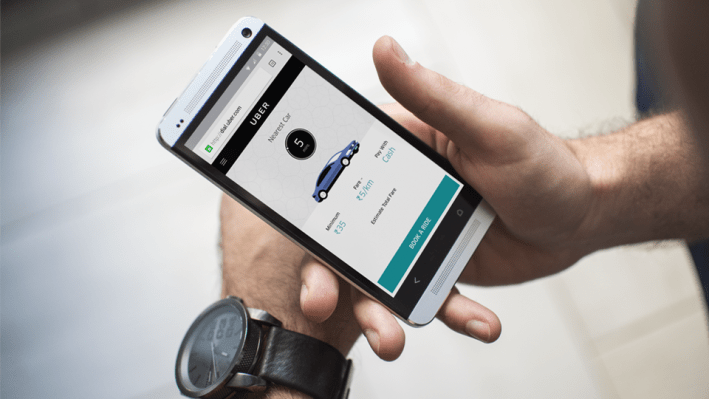Uber’s European business has been indicted in a Danish court on charges of assisting two drivers of breaking local taxi laws, Reuters reports.
It’s a test case seeking judicial assessment of whether Uber is complicit in illegal acts by its drivers. In a news release, the Danish public prosecutor, Vibeke Thorkil-Jensen’s, said [translated via Google Translate]: “It is now established that the drivers have run contrary to taxi legislation. Therefore, we indicted the company behind to help these illegalities. There is a fundamental test case where prosecutors want to get the court’s assessment of contributing sense lasted for illegal taxi services.”
Last month an Uber drive in the country was convicted of violating taxi laws, and fined 6,000 Danish crowns ($855). A second driver was sentenced in absentia after failing to appear in court, according to Reuters.
The Danish public prosecutor is initially seeking to fine Uber around 30,000 crowns — equivalent to 10,000 per drive. However if the prosecution is successful the fine could rise considerably as the prosecutor could indict Uber for facilitating illegal taxis for each trip an Uber driver is convicted of making.
No date is yet set for the case to be heard by the Copenhagen City Court.
We’ve reached out to Uber for comment and will update this story with any response.
This case is the first indictment for Uber’s European business in Denmark. However earlier this week the company was in Europe’s highest court for a long-awaited hearing that will interrogate whether Uber is a transportation service or a digital platform — and how, therefore, the business will be regulated in European countries in future.
If the judges rule it is a transportation company it must comply with national laws, potentially putting brakes on its expansion in the region.
The original complaint against Uber was filed by a Spanish taxi association in 2014 but was referred a year later to the European Court of Justice.
A ruling is not expected by the ECJ until next year.
Uber is also facing other challenges to its business model. In the UK it lost an employment tribunal this October which judged the group of Uber drivers who brought the case to be workers rather than self-employed contractors, as Uber had argued.
The ruling is likely to encourage other Uber drivers to make employment classification challenges, although Uber said it would appeal.
